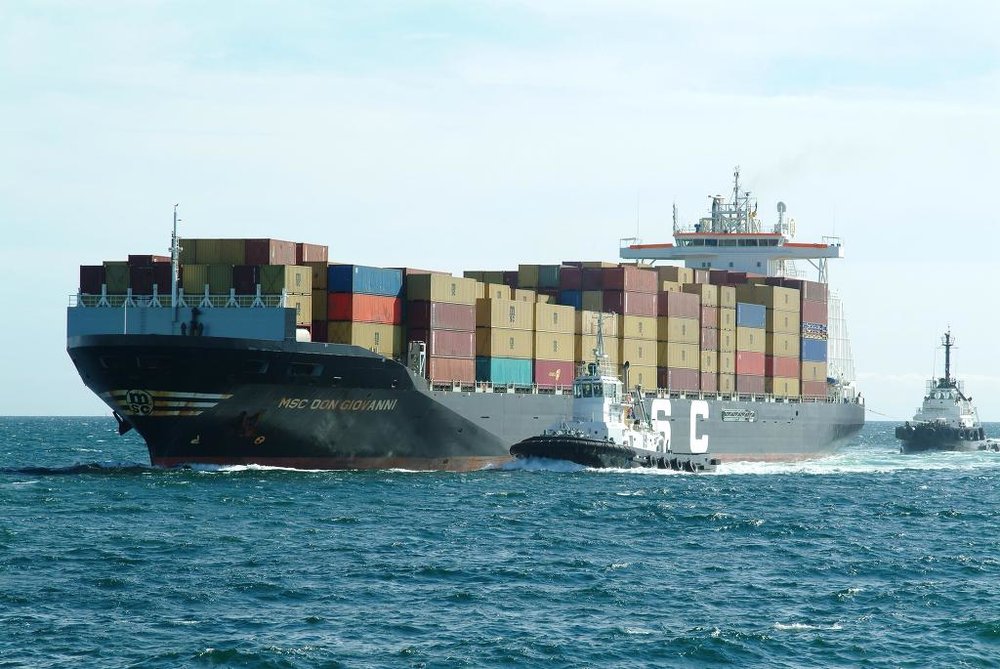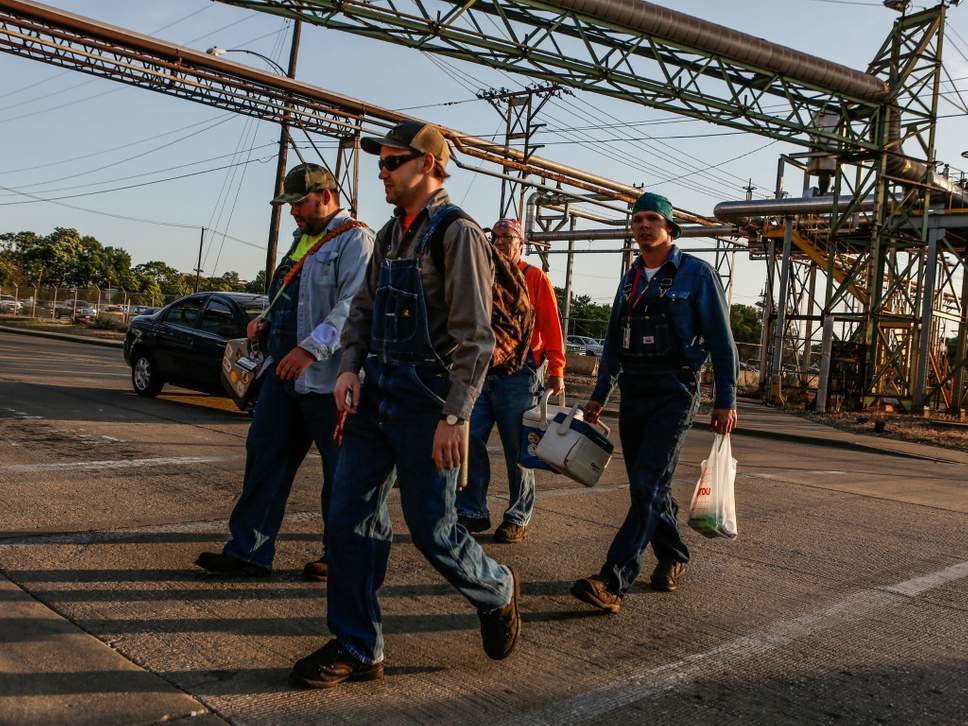As the US-China trade war escalates, the global energy market has become the new target of increased tariffs. An analyst recently disclosed that in response to increasing levies by the U.S. government, Beijing is hitting back with $60 billion worth of import tariffs on liquefied natural gas.

China recently announced its plans to levy import tariffs on U.S. liquefied natural gas supply
New Import Tariffs
Amid seemingly-eternal trade conflict between China and the United States, Beijing has just announced a new round of tariffs worth $60 billion – this time specifically targeting one commodities sector that took everyone by surprise: liquefied natural gas import. After China’s reluctance in the past to add fuel to its list of commodities subject to tariffs, the recent move to target LNG has created a sudden shift in the global market.
China’s decision comes in the midst of its effort to minimize the air pollution by transitioning towards natural gas. But with new import levies on LNG, it has proven that air pollution clean-up is no longer on the country’s list of priorities. Many are now questioning if the new 25 per cent import tariff on LNG could have a serious impact on America’s energy sector, which is currently the top LNG producer and exporter in the world.
Senior analyst Hugo Brennan from Verisk Maplecroft consultancy thinks that the new tariffs will most definitely have an effect on the U.S. natural gas industry but it isn’t clear to what extent Beijing’s new move could impact Trump’s energy-driven dominance agenda.
Growing LNG Demand in China
China recently experienced a surge in LNG demand which gave hopes to the U.S. gas industry for building export terminals in the East Coast in order to achieve Trump’s goal of making America an energy superpower. But if China cuts import ties with the gas industry in the future, U.S. could face a serious obstacle in acquiring funding for the terminal project.
In 2017, China was the second-biggest LNG importer in the world. By 2019, the country is planning to increase its reliance on the super-chilled fuel and could potentially become the top importer of natural gas, according to International Energy Agency’s June report.
Last year, China accounted for 15 per cent of U.S. LNG exports and in January this year, Beijing had even offered to buy more of the commodity to balance out the bilateral trade deficit with the U.S. But now, the budding trade relationship between China and the American energy sector seems like a distant prospect.
Some analysts still believe that the new tariffs won’t bring a serious blow to the U.S gas export which will continue to boom with or without China’s help. Since China has already signed long-term deals with the LNG export industry, the tariffs won’t have any meaningful impact until the contracts expire. However, the move will have an immediate effect on the spot LNG market which has been growing quickly over the past few years.

In 2017, China was the second-biggest LNG importer in the world accounting for 15 per cent of U.S. LNG exports
Winners and losers
Analysts at Fitch Solutions Macro Research believe that the 25 per cent tariffs on the gas import amid a backdrop of ongoing trade conflicts could rule out China’s lucrative gas market from U.S. energy sector. Others have echoed this sentiment by saying that Chinese companies will most likely choose different gas suppliers over the U.S. after tariffs push up energy prices beyond affordability.
LNG suppliers like Total, Shell and Trafugura will be the first to bear the brunt of new import levies since these companies acquire liquefied natural gas cargoes from drilling projects in the U.S. and sell them in markets with the greatest demand and most attractive prices.
U.S. LNG imports have already started to soften, according to an official Chinese report which showed that natural gas import was at its lowest level in the month of July. The decrease came after the first two quarters of 2018 proved to be the strongest in terms of LNG demand, growing U.S. import by 17 per cent from January till July.
Nevertheless, research director Giles Farrer from Wood Mackenzie believes that there are plenty of lucrative markets in Asia and Europe that the LNG industry can turn to in case the U.S. loses its second-biggest natural gas importer, China.










